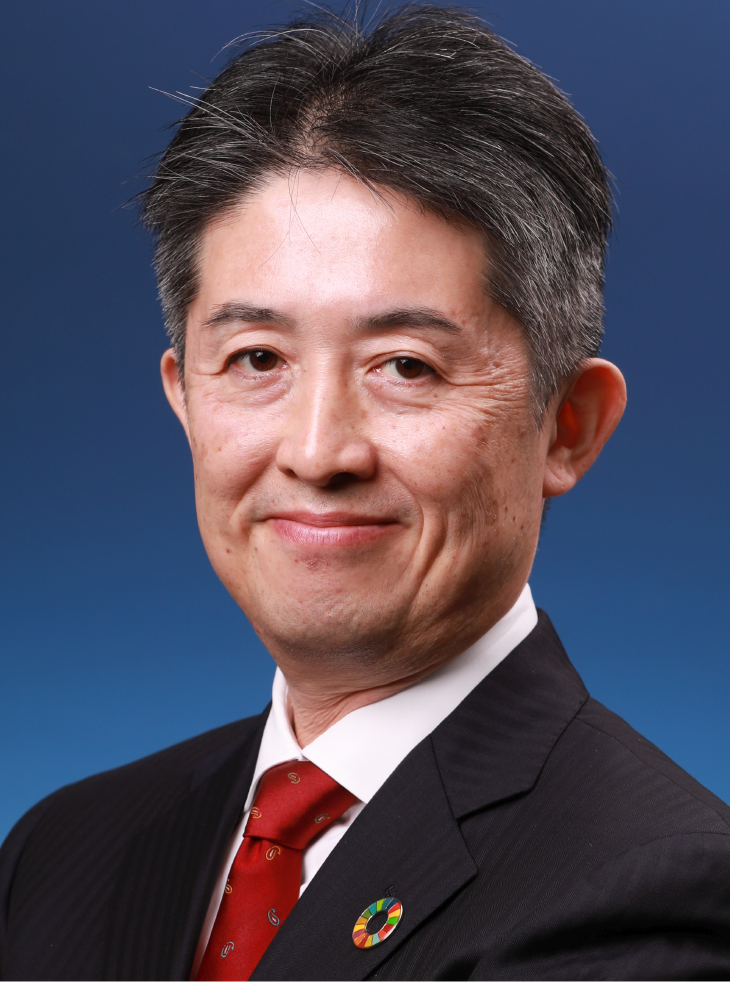

SS02-A001

"Development of a New Discipline on Outbreak Risk Management"
Taikan OKI1#+, Taro ARIKAWA2
1The University of Tokyo, 2Chuo University
In addition to pandemics, various outbreaks caused by sudden increases in load, such as floods, traffic jams, and communication failures, have the followings in common, and measures are needed to manage these risks socially. 1) During emergencies, the load on social systems can be hundreds of times greater than normal.2) If preparedness is excessive, the social cost will be too high to be economically feasible because of redundancy.3) There is sufficient time for social responses during the outbreak situation.4) Even when there is great uncertainty in the understanding of the situation, mechanism, and the future predictions, it is necessary to reach a certain social consensus and implement countermeasures. Geoscience has contributed greatly to the management of geoscientific risks that can put damages on society through the development of observation systems, elucidation of mechanisms, and prediction of such phenomena. In addition, the geoscientific knowledge has also been utilized in the design and implementation of measures to determine what risks are acceptable and what risks cannot be overlooked through dialogue among stakeholders both in society and academia. An interdisciplinary and cross-sectional examination of the knowledge accumulated in various fields on how to deal with outbreaks is not only intellectually advanced and interesting but is also expected to contribute to the development of a new discipline on outbreak risk management that can adequately prepare for the next global pandemic or geophysical disaster. Examples of drawing lessons from the comparisons of various outbreaks will be presented in the lecture.
Biography
Prof. Taikan Oki is a special advisor to the president of The University of Tokyo, and also the Senior Vice-Rector, United Nations University, Japan, and an Assistant Secretary-General, United Nations. His previous academic positions include Associate Professor with the Institute of Industrial Science, The University of Tokyo and Associate Professor with the Research Institute for Humanity and Nature. His areas of expertise are global hydrology and the sustainability of world water resources under climate change including the virtual water trade and water footprint. He was one of the coordinating lead authors for the chapter “Freshwater Resources” of the IPCC WGII AR5. He got many awards such as the Biwako Prize for Ecology in 2011, and the Japan Academy Medal in 2008. He is the first Japanese AGU Fellow in its Hydrology Section (2014).